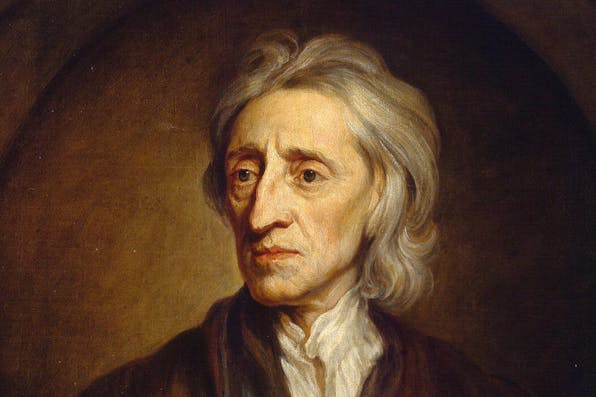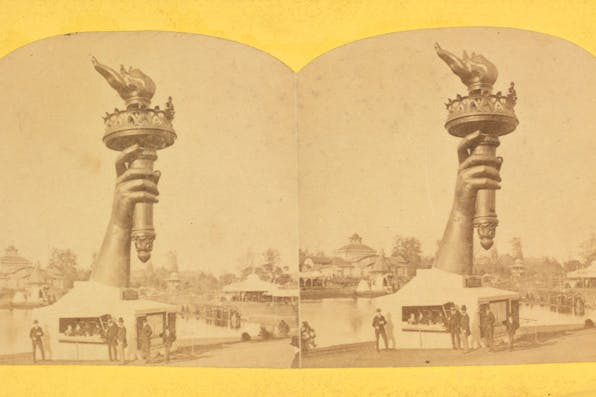
September 26, 2016
A Salutary Thesis Overestimates the Bible, and Underestimates Modern Thought
The Ten Commandments tell us nothing directly, and little indirectly, about the proper limits of government power. For that we must turn to John Locke.
Despite the manifold threats confronting freedom today, the two major-party nominees in this year’s U.S. presidential campaign have devoted astonishingly few words to its defense. This is alarming not least because the protection of individual freedom is the American Constitution’s chief goal.
True, both candidates have put forward a number of policy proposals that in one way or another implicate freedom. Over the long run, however, even freedom-friendly policies will not be enough. We need candidates who cherish the American inheritance of freedom, understand the ideas and interests that menace it, can present in clear and vigorous terms the measures necessary to preserve it, and, if elected, would be capable of shepherding through the legislative process bills that translate freedom’s promise into practice.
It is thus a surpassing virtue of Yoram Hazony’s “Nationalism and the Future of Western Freedom” that it identifies deep connections between discontents sweeping across the world’s leading liberal democracies and the principles of freedom on which the American constitutional order rests. His thesis—that the future of freedom is dependent at once on a recovery of the biblical understanding of the nation and on a repudiation of “the modern world’s most famous liberal manifesto, John Locke’s Second Treatise on Government”—is bold and illuminating.
Responses to September ’s Essay

September 2016
The Post-World War II Era Is Over. What Now?
By R. R. Reno
September 2016
The Flaws in Both Universalism and Nationalism
By Walter Russell Mead
September 2016
A Salutary Thesis Overestimates the Bible, and Underestimates Modern Thought
By Peter Berkowitz
September 2016
In Defense of Our National and Religious Traditions